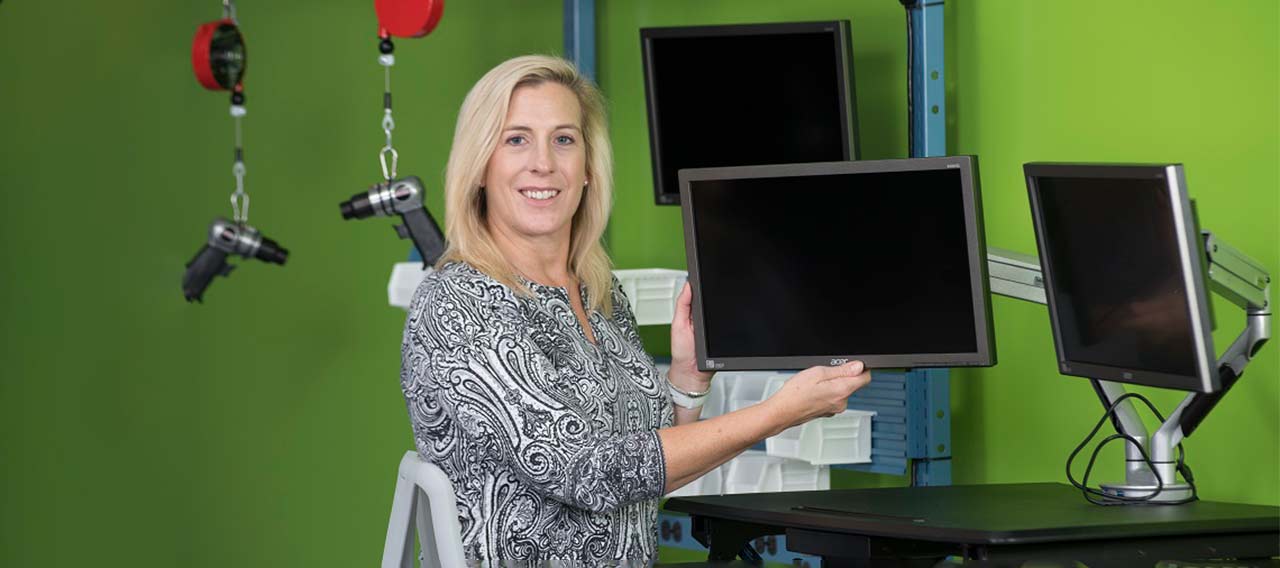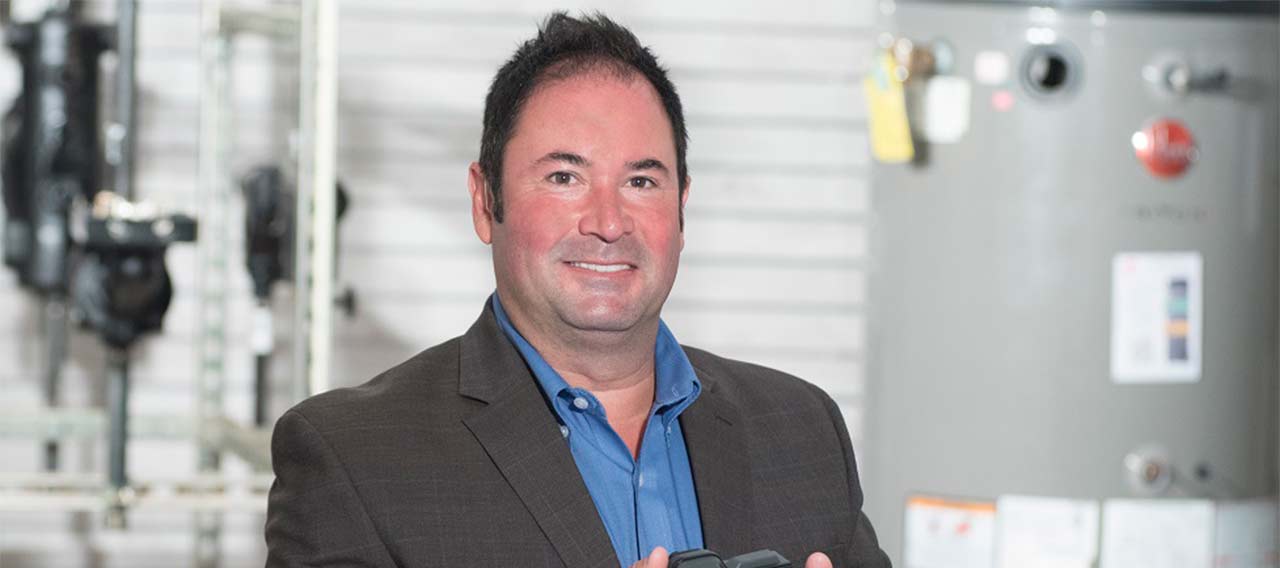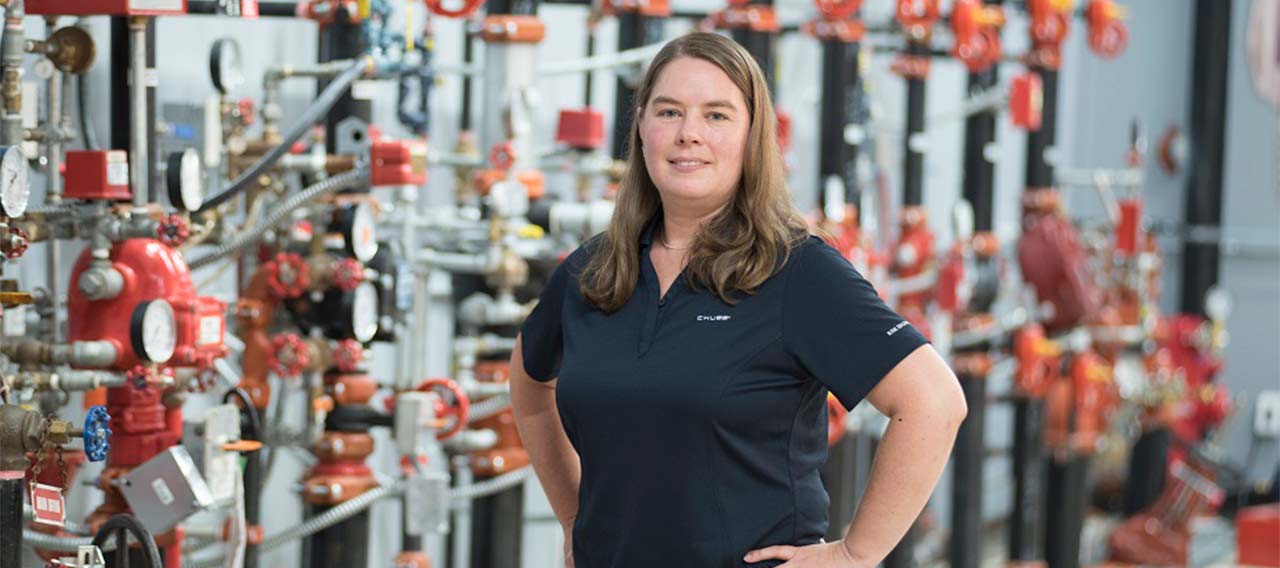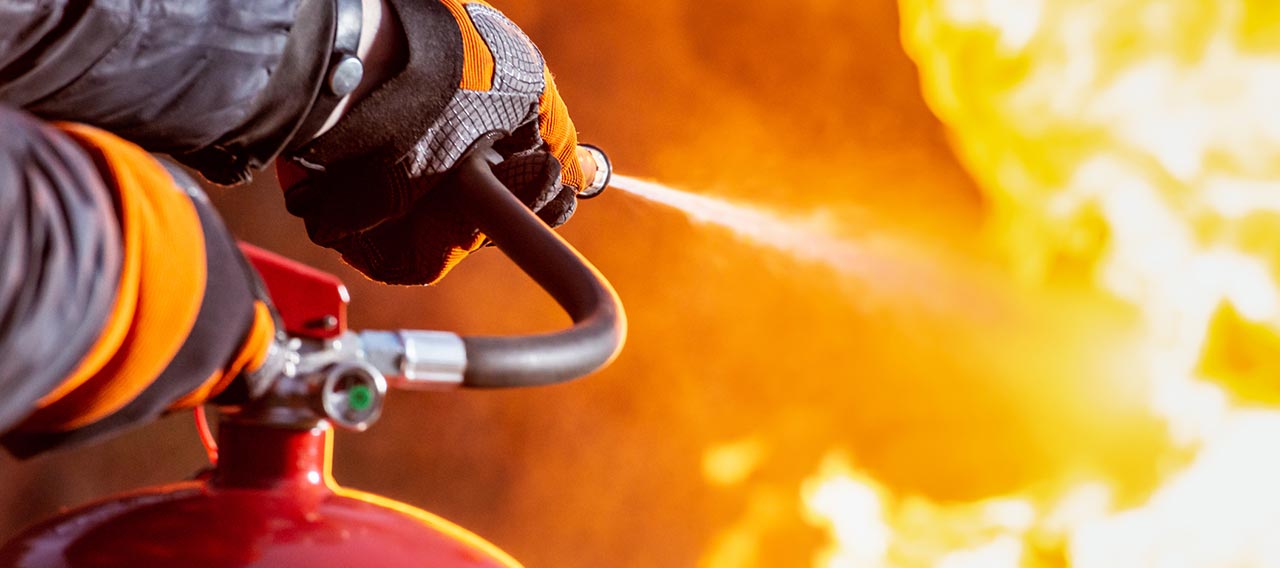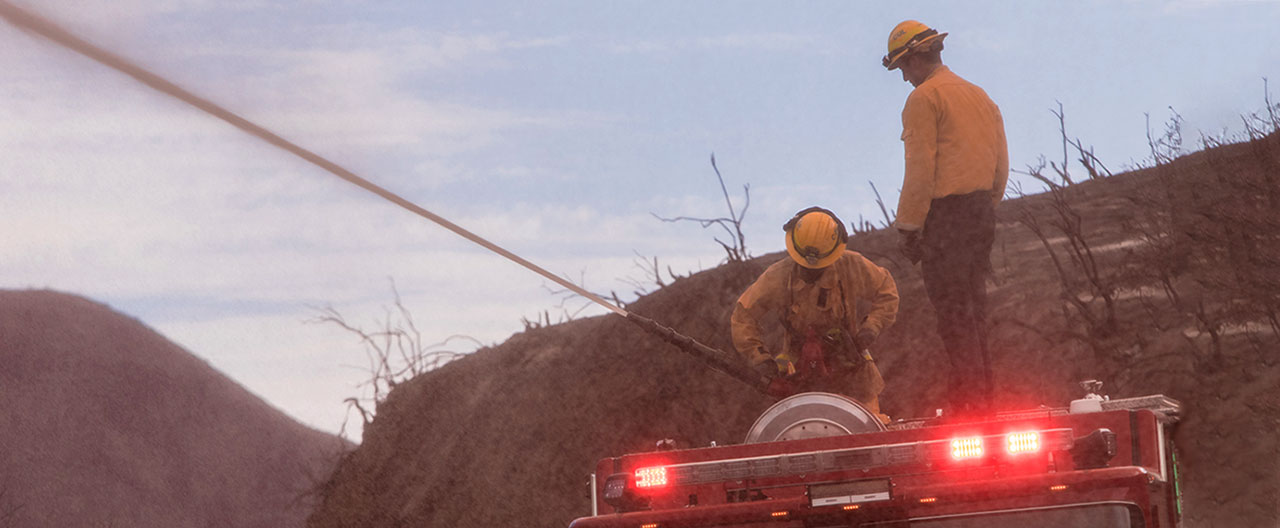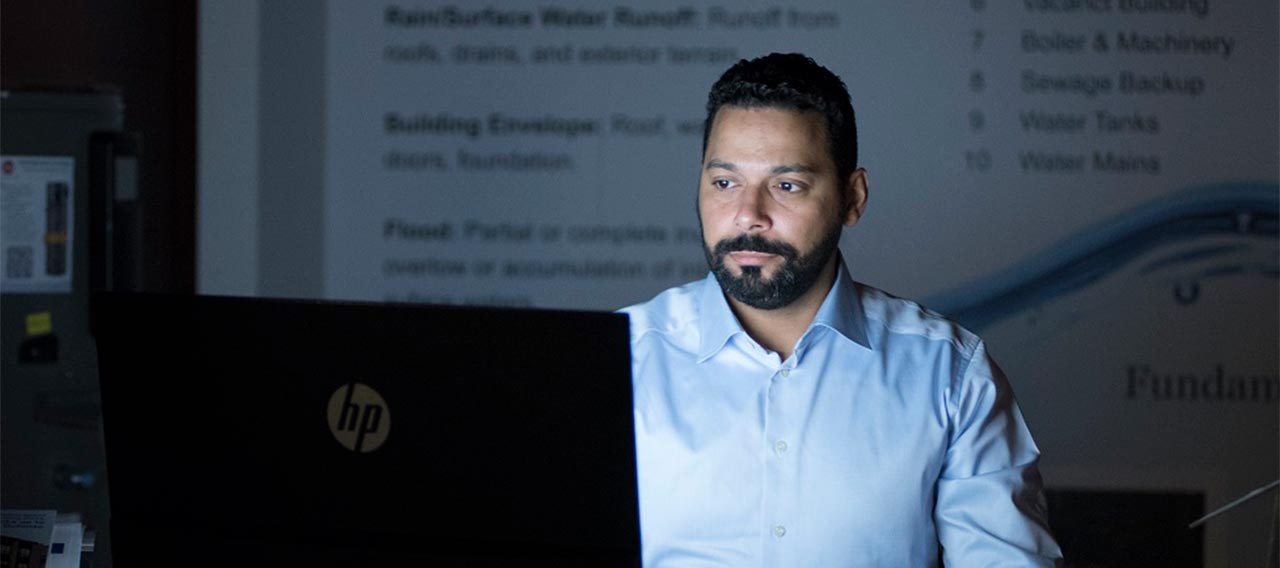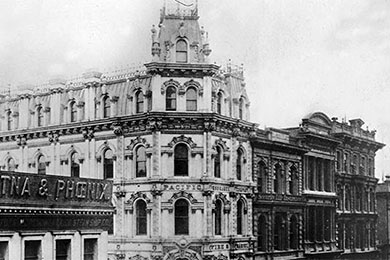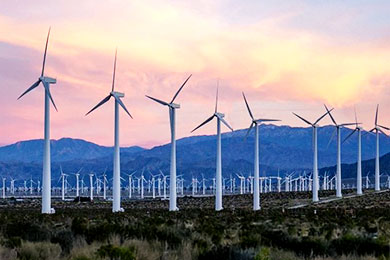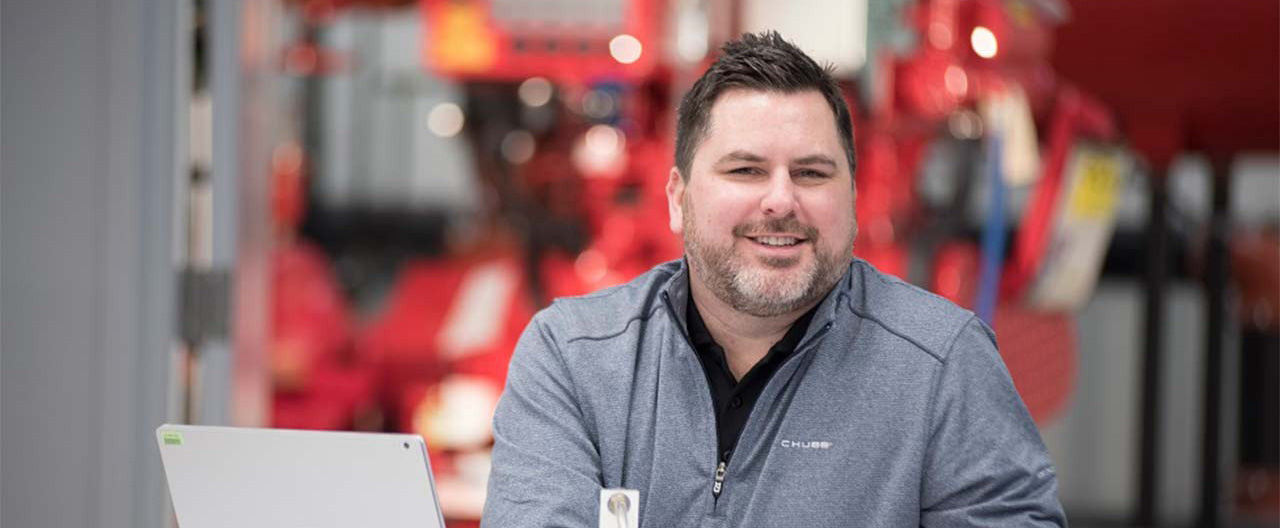Andy Ackerson, Workers Compensation Risk Specialist
Andy Ackerson’s working career began on his family-owned dairy farm in Western Pennsylvania. At age 8, he drove a tractor, his feet not yet able to touch the pedals.
“All I could do was sit and steer,” he said about taking the driver’s seat, “while my father and brothers stacked hay in the wagon. That was my first role — with no training and no appreciation for the danger.”
While working as a youth, Ackerson broke several bones. His brother almost became paralyzed. Family friends were killed in horrific accidents.
“The hazards,” he said, “were part of life. Many farmers don’t make a lot of money — sometimes you do things as cheap as you can. You’re making fixes on the go.”
However, Ackerson began learning about working in hazardous environments through organizations like Future Farmers of America, 4-H and the Tractor Safety Club, inspiring him to look at colleges offering degrees in safety science.
“Those occupational health and safety classes,” he said, “clicked for me.”
As a Workers Compensation Risk Specialist with Chubb since 2012, Ackerson is dedicated to helping others work safely. Based in the Washington, D.C.-Baltimore metro area, he helps Chubb underwriters select profitable business and maintain client relationships. He also assists customers in identifying, evaluating and controlling their exposures.
“That’s the fun of it,” Ackerson said, “getting my hands dirty with customers.”
A graduate of Indiana University of Pennsylvania, Ackerson holds bachelor’s and master’s degrees in safety science, and works with a myriad of businesses — including clients in the defense, pharmaceutical, manufacturing and professional industries.
As one of Chubb’s five board-certified industrial hygienists, he specializes in identifying and evaluating occupational disease or chronic or acute illnesses at a customer site.
“We’ll use an array of sampling methods to detect and quantify chemical contaminants and stressors,” he said. “For example, a metal fabrication shop cutting or welding various materials will generate different health hazards. Chemicals can also liberate harmful vapors which could be a health concern, especially over a long period.”
Ackerson also looks for physical stressors, including noise.
“We’ll quantify the exposure,” he said, “and determine if our customers need to do more. We work with them to implement appropriate control measures.”
However, one of Ackerson’s biggest “wins” came on the ergonomic side, working with bank that had recently grown to about 1,000 branches through acquisitions. The bank’s main losses were from employees’ slips, trips and falls, and musculoskeletal disorders.
Ackerson and his Chubb partners worked with the bank’s design team to implement a corporate standard for branches and offices — from furniture, floors, workstations and even the vaults. “Prevention through design,” he said.
“When you see the exposure and are open and honest about why it’s important to correct an issue, you help lead customers down a path they probably didn’t know existed. It’s exciting to get those wins.”
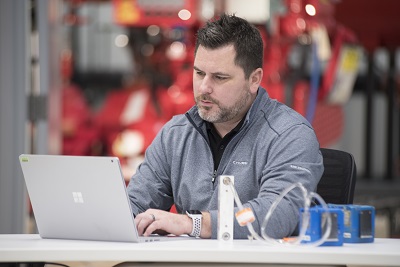
Lightning Round
Best advice received: Keep an open mind.
First car: 1989 Ford Thunderbird Super Coupe
Favorite teams: Pittsburgh Steelers and Penguins
Best late-night snack food: Anything edible
TV show I can’t miss: Seinfeld, if it’s on — I’m watching.
Actor who would play me in a movie: When I was younger, Tom Cruise.
Book to bring to a deserted island: Moby Dick
Favorite movie: Citizen Kane
Three for dinner: Albert Einstein, Socrates and Mark Twain
Favorite quote: “If you can’t explain it simply, you don’t understand it well enough.” — Albert Einstein
Greatest achievement: My family.

